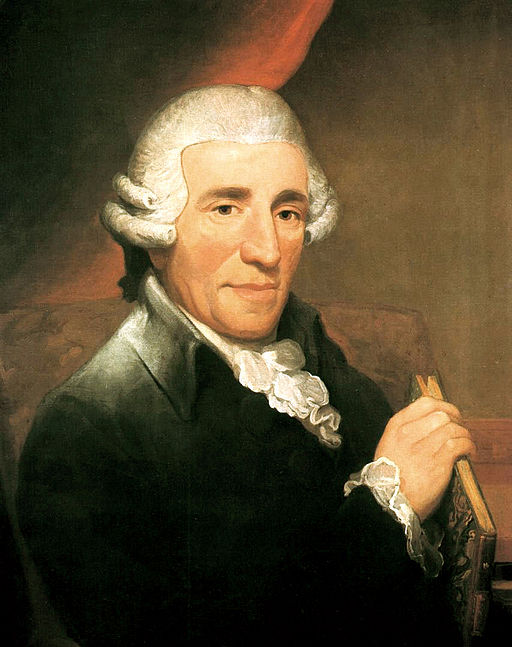March 31, 1732 – May 31, 1809

Franz Josef Haydn, an Austrian composer and conductor, was born on this day in the Austrian village of Rohrau. Apart from being one of the most important representatives of classicism, whose works are highly esteemed and gladly performed on world stages around the globe, he is very valuable for pianism. Many performers, especially pianists, apply and use his rich opus in pedagogical work. As a role model and the oldest of the three greatest classical names – Wolfgang Amadeus Mozart and Ludwig van Beethoven, younger than him, 24 and 38 years, respectively, he was also known as “good father Haydn”, the keeper of the classical style and the creator of the sonata form. From Mozart’s musical interest in Haydn’s work, a great friendship was born between them, as well as a great similarity in composition. Haydn’s most prolific creative period was during his service in Eisenstadt, at the court of the Hungarian Count Esterhazy, where he worked as a court composer and conductor for three decades, from 1761 to 1790, after which he went to Vienna. Esterhazy highly respected, appreciated and supported Haydn’s work, so the composer had the opportunity to create new works in very good conditions, and his opus became diverse and enriched with as many as 104 symphonies, 24 piano concertos, 5 cello concertos, many chamber works for various ensembles, 30 operas, oratorios, cantatas, masses, piano sonatas… Therefore, it is not surprising that his opus is one of the greatest in the history of composing. According to musicologists, as he grew older, Haydn increasingly needed to incorporate folklore elements into his works, which is best illustrated by his last Symphony no. 104, better known as the London Symphony. Among other works, Symphony no. 45 is gladly performed and listened to, as well as Cello Concerto no. 1 in C major, oratorio The Seasons. Of the piano compositions famous are his E minor (Hob. XVI/34), C major (Hob. XVI/50) and C minor (Hob. XVI/20) sonatas.
St Matthew’s Choir; Phiroz Dalal, conductor; Dawn Slaughter, director; Ron Keefe, technician, Public domain, via Wikimedia Commons
Translation: Jelena Čolović
